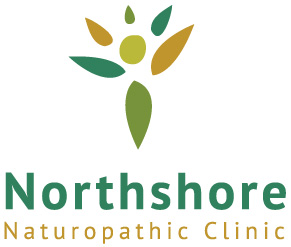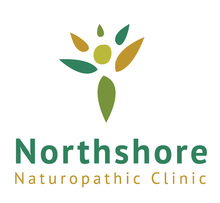By Dr. Matsen/Irene Hayton
Co-enzyme Q10 (CoQ10) is a fat-soluble, vitamin-like substance found in the mitochondria of virtually all cells in your body. It’s other name, ubiquinone, comes from the word ubiquitous, which means “existing everywhere.”
Mitochondria are your cells’ power producers and CoQ10 is essential for the production of ATP, the energy currency molecule of all cells. It’s crucial for the health of all organs and tissues and is particularly important in areas of your body that require high cellular energy, such as your heart, liver and kidneys. In addition to supplying energy, CoQ10 is a powerful antioxidant, thereby helping to prevent free radicals from damaging healthy cells.
Clinical studies have shown CoQ10 to be beneficial to the nervous system and it promotes cardiovascular health. Research indicates that this nutrient is deficient in heart failure and it can help maintain normal levels of blood pressure. CoQ10 can improve gum and oral health and is being studied for its role in other areas such as the treatment of cancer.
Although the body produces CoQ10 and it’s available in some foods, these levels often don’t meet the body’s requirements and supplementation may be necessary. Most CoQ10 supplements on the market are in the form of ubiquinone. Your body must convert ubiquinone into ubiquinol, the more active form of this nutrient. Unfortunately, as you age, your body’s levels of CoQ10 decline and its ability to convert ubiquinone to ubiquinol also diminishes, so for certain people it’s better to supplement with ubiquinol rather than CoQ10.


